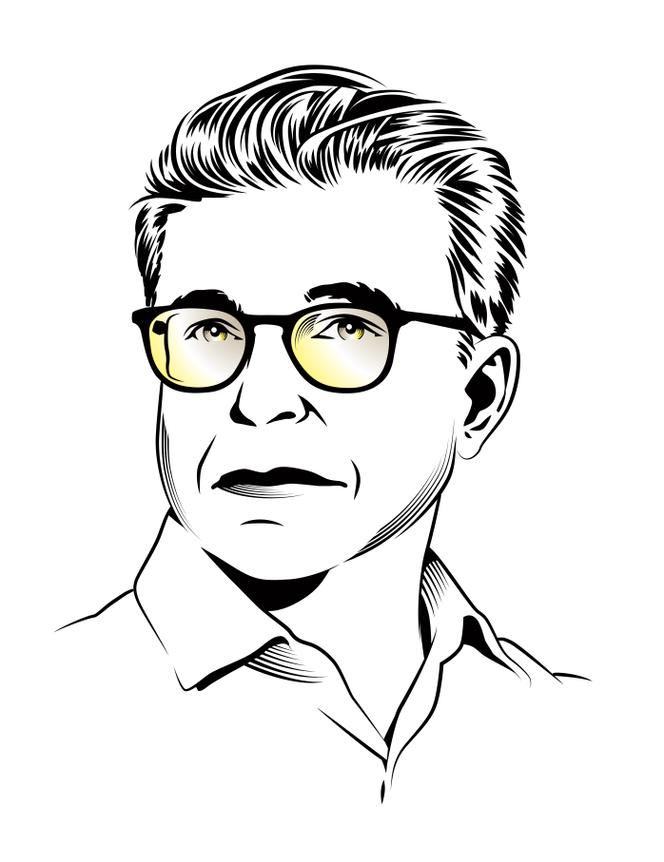


Olivier Christin is a historian and a professor at the Ecole Pratique des Hautes Etudes in Paris. He is notably the author of Vox populi. Une histoire du vote avant le suffrage universel ("Vox Populi: A History of Voting Before Universal Suffrage"), in which he analyzes the use of electoral practices since the Middle Ages. As the assembly of cardinals convenes in Rome starting May 7 to choose Pope Francis's successor, the expert on modern Catholicism deciphers the fascination that the conclave, an election without candidates or a campaign, holds for contemporary Western societies.
In practice, the conclave is above all a religious ritual, whose form has changed very little since the Middle Ages. It begins with a procession and the entrance of the cardinal electors into historically significant locations. A votive mass is celebrated, and the conclavists invoke the Holy Spirit, hoping it will guide them in their choice.
You have 88.68% of this article left to read. The rest is for subscribers only.
